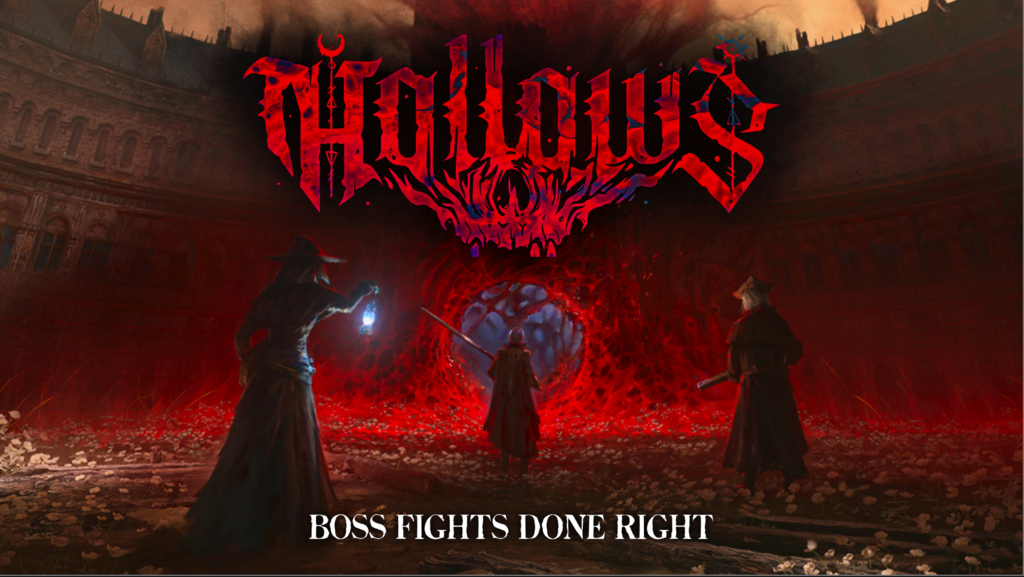Intermission: File Updates & Circulation, Wretched Domains
5 months ago
– Thu, Sep 11, 2025 at 04:45:48 AM
Hello Hunters.
BACKER PREVIEWS AND FEEDBACK
Most of you, I believe, got your preview PDF on Friday. Others received a link on Monday morning, and over the last 72 hours we've been quietly ironing out some bugs to make sure everyone who pre-ordered or purchased as an add-on all got theirs too. Retailers received their preview yesterday. So now you should definitely have the preview PDF.
If you don't, this is most certainly unintentional and please do let us know.
It hasn't been the cleanest and tidiest preview release, but this does mean we've established all possible problems before we release the real, final files, so there's that.
If you'd like to leave us feedback, in the form linked in the last update, we'll be collecting responses until 28th September.
We're also collecting questions in the public Discord (also linked in the last update!), and we'll be compiling a full list of errata after the feedback period's complete.
WRETCHED DOMAINS: FINAL SCENARIO NAMES
You may also notice, if you look at your pledge, that the names of some rewards have changed. The Hollows scenarios written by our exemplary team of freelancers have now been updated from their working titles to their confirmed publication titles. For example, Jay Dragon's Rotgut Academy has become Bleake Hill Academy; Kieron Gillen's The War To Start All Wars has become The Laboratory of Erasmus Ward. The authors' names are still clearly identified so you can track which is which, and the content is as described when you bought them, except for one:
Cassandra Khaw's Hollow is replaced by Jinn Hermiston's frankly disturbing work of eco-horror. We've publicised this in previous updates, but since we're now getting close to release, I want to make absolutely sure everyone knows!
That is, I believe, all for the moment.
Cassandra Khaw's Hollow is replaced by Jinn Hermiston's frankly disturbing work of eco-horror. We've publicised this in previous updates, but since we're now getting close to release, I want to make absolutely sure everyone knows!
That is, I believe, all for the moment.
TWO DOCTORS

Yesterday, our designer Mina pointed out one of our recurring motifs in Wretched Domains: scientists on power trips. The Good Doctor, from Jay Dragon's scenario, experiments on helpless juvenile subjects; Erasmus Ward, from Kieron Gillen's, is tormented by the forces he's unleashed in his bid to make a weapon so terrible it averts the possibility of war. Two men whose arrogance and grand ideas have made them monstrous, presented in two different ways. God, our writers and artists are good.
We proceed.
- Chant






